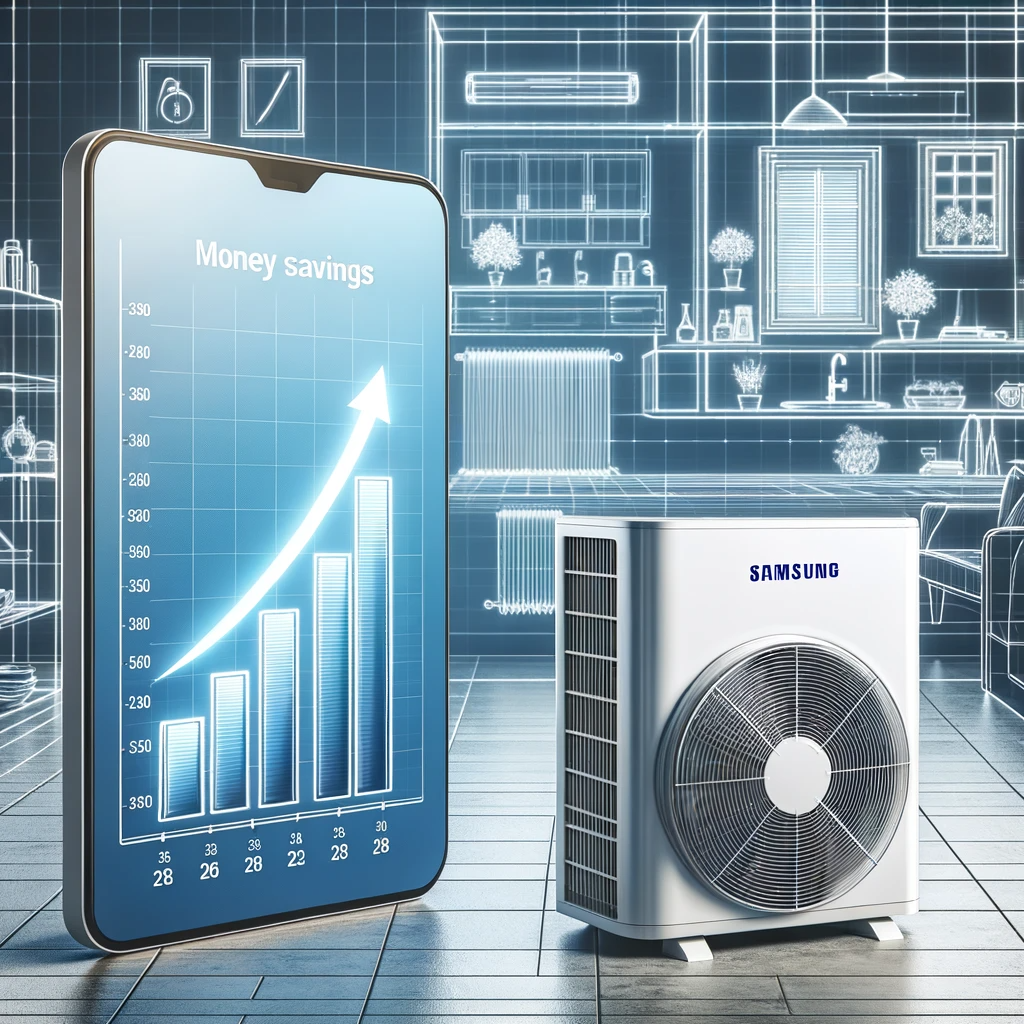Efficient and Affordable Heating Solution with Free Air Source Heat Pumps: Your Ultimate Guide

Energy Efficiency
Air source heat pumps regulate indoor temperatures by extracting heat energy from outside air. Reducing the amount of energy needed to heat your home.

Reduced Carbon Footprint
They save energy, reduce reliance on fossil fuels, and contribute to a greener planet.

Potential Savings
Air source heat pumps save energy and reduce costs for homeowners by up to 50%. With advancing technology, they are becoming more affordable.
What's involved?
Claiming The Free Air Source Heat Pump Grant.
Our team assists you through the grant claiming process, making it simple and hassle-free. This means you can enjoy the benefits of an efficient heating system. Our commitment is to your comfort and helping you make a cost-effective, eco-friendly choice for your home.
-
Reduce Your Fuel Bills
-
Lower Carbon Emissions
-
Heats Both Home & Water
-
Minimal Maintenance Required
-
Easy To Install

What Our Customers Are Saying
How much can I get on an Air Source Heat Pump Grant?
Unlock full coverage for your Free Air Source Heat Pump installation with the ECO grant.
If your household earns less than £31,000 per year or somebody in the household receives a qualifying benefit your installation costs are completely covered.
This Grant is awarded to homes with inefficient heating systems, designed to lower bills and combat fuel poverty.
-
An Energy rating on your home D or Lower
-
Own/rent your home
-
Annual Household income less than £31,000
-
Or A member of the Household in receipt of Benefits
To be eligible you must have:
Frequently Asked Questions
Certainly! To determine if you're eligible to claim a free air source heat pump for your house, you should consider the following factors:
Using an air source heat pump offers several benefits, both for your home and the environment.
The installation of a free air source heat pump is typically included in grant programs, but the process can vary depending on your location and the specific program you're applying for. Here's a general outline of the installation process:
While the initial installation of a free air source heat pump may be covered by a grant or subsidy program, there are ongoing maintenance costs associated with operating and preserving the system.
Using an air source heat pump has a positive environmental impact, making it an eco-friendly heating and cooling solution.
The noise level of an air source heat pump can vary depending on factors such as the make and model of the unit, its size, the speed of the fan, and how well it's maintained. As a general guideline, air source heat pumps typically produce noise in the range of 50 to 70 decibels (dB) when measured from a few feet away. Here's what those noise levels are comparable to:
The specific requirements for a home to qualify for a free heat pump program can vary depending on the grant program's guidelines and your location. However, here are some common eligibility criteria that homeowners may need to meet:
It's crucial to check the specific requirements and eligibility criteria of the free heat pump program in your area. This information is typically available on the program's official website or by contacting the program administrators directly.
Start your journey toward a more energy-efficient home. Apply today!
Useful Links
Subscribe Now
Don’t miss our future updates! Get Subscribed Today!
©2023 ASHP. All Rights Reserved

